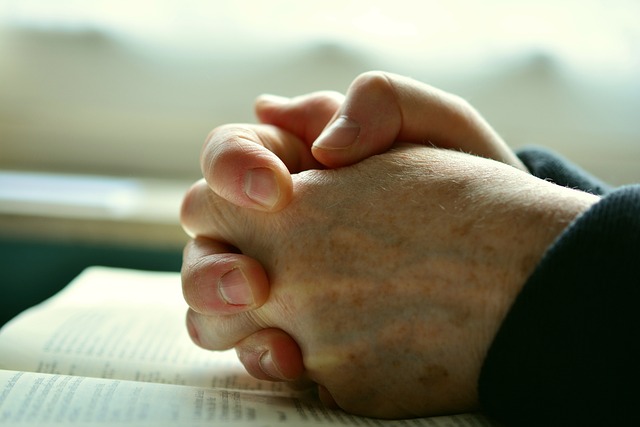Coping with Grief - How to Deal with Grief and Loss?
In human nature, there’s no right or wrong way to grieve. But if you understand the types or stages of grief, you’ll find that there are healthier ways to cope with loss.
What is grief exactly?
When you lose someone, it’s only natural to grieve. You may experience all kinds of emotions that can be really shocking and unexpected. Grief can severely impact physical health, making it difficult to sleep or even think straight. To add more, it’s just natural that the more intense your loss, the more intense your grief will be.
How to deal with grief?
Grieving because of a loss is understood as a natural part of life, but we can still be overcome by it, leading to periods of sadness or depression. It has no set pattern and can be expressed differently across different cultures.
Grief has no set pattern. It is expressed differently across different cultures. Some express it publicly with great emotion while some hides it deeply. Here are a few tips and suggestions to deal with grief effectively.
Try the things you liked to do with your loved one in nature. Take a walk, go fishing or visit a favorite park of theirs - in their memory.
This allows you to find new meaning in summer activities you may have done with them. If a child is grieving, they may feel a sense of guilt for having fun or enjoying their less structured days.
Remind them it's OK and involve them in making a favorite meal for their loved one or to start a journal and fill it when they are outside enjoying a peaceful place in nature. Be adventurous and try an entirely new park, road trip or author.
Breaking out of routine may give you the feeling of enjoying something new, but not have memories to trigger a sense of guilt about finding pleasure in a new way. Remember, it's OK to feel blue even when the sun is shining. Time will help, but we hope these new approaches will assist you. Contact us to learn more about our grief support programs at (615) 352-9400.
FAQ About Grief
How long does grief usually last?
There is no set length or duration for grief , and it may come and go in waves. However, according to 2020 research, people who experience common grief may experience improvements in symptoms after about 6 months, but the symptoms largely resolve in about 1 to 2 years.
How do you accept death?
It is important to grieve so that you can accept death and move forward with your life in the present. As time passes, your feelings of grief will become less intense. The majority of people will recover on their own if they use therapeutic coping skills and have social support from others in their lives.
What grief does do to your brain?
Your brain is on overload with thoughts of grief, sadness, loneliness, and many other feelings. Grief affects your memory, concentration, and cognition. Your brain is focused on the feelings and symptoms of grief which leaves little room for your everyday tasks and recognizes it as a step towards healing.
A Year of Grief Support
Sign up for one year of weekly grief messages designed to provide strength and comfort during this challenging time.
Please wait
Verifying your email address
Please wait
Unsubscribing your email address
You have been unsubscribed
You will no longer receive messages from our email mailing list.
You have been subscribed
Your email address has successfully been added to our mailing list.
Something went wrong
There was an error verifying your email address. Please try again later, or re-subscribe.











